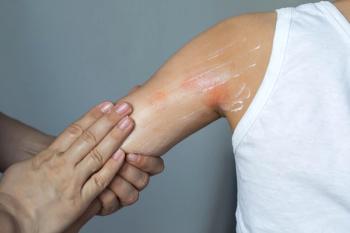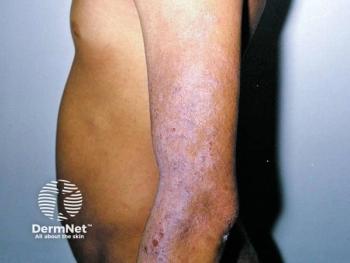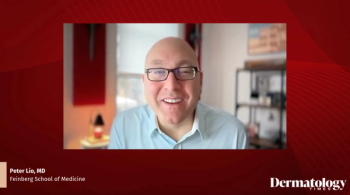
Cosmetic trend here to stay, but at what cost?
National report -- Economic realities will continue driving dermatologists to add cosmetic services and products to their practices, experts tell Dermatology Times. However, sources say this trend is creating concerns about the specialty's ethics, image and accessibility.
Gap closing
Philosophically, the divide between dermatologists who favor adding cosmetic services and those who believe such offerings harm medical dermatology remains wide, says A. Bernard Ackerman, M.D., director emeritus, Ackerman Academy of Dermatopathology, New York.
"There will be a time in the not-too-distant future when there will be no controversy at all. Medical dermatology for practical purposes is dead, and the reasons are entirely economic," he says.
Dr. Narurkar is a San Francisco-based board-certified cosmetic surgeon in private practice, assistant clinical professor of dermatology at University of California, Davis, Medical Center and president of the American Society of Cosmetic Dermatology and Aesthetic Surgery (ASCDAS).
"What we're doing is as important as (medical dermatology). Instead of having this separatism, we need to remember that we are dermatologists first, and aesthetic dermatologists second. If we remember that we must be masters of all aspects of skin, the divisive aspects within dermatology will disappear," Dr. Narurkar says.
'Both feet first'
Ranella J. Hirsch, M.D., says younger practitioners are more enthusiastically jumping into cosmetic dermatology "both feet first."
"Most of the newer dermatologists want to offer the one-stop shop," she says. Dr. Hirsch is in private practice in Boston and is an ASCDAS board member.
However, Dr. Narurkar reports that based on practice management research conducted by the pharmaceutical industry, "blended practices dominate." For about 70 percent of dermatologists, he explains, cosmetic dermatology represents about 20 percent of their practice. The number of practices dedicated entirely to aesthetic services is 10 percent or less, he says.
Regionally, Dr. Narurkar says that most practices in coastal cities such as New York and Los Angeles, where managed care penetration is deepest, devote about half their time to cosmetic dermatology.
A separate breed?
Overall, the shift toward aesthetics is not hurting the specialty because those who practice this type of dermatology represent a different breed from those who practice medical dermatology, says Albert M. Kligman, M.D., professor of dermatology, University of Pennsylvania.
Newsletter
Like what you’re reading? Subscribe to Dermatology Times for weekly updates on therapies, innovations, and real-world practice tips.












